
漢德百科全書 | 汉德百科全书
 United Kingdom
United Kingdom

Die Insel Irland ist etwa 450 km lang und rund 260 km breit und liegt im Atlantik. Insgesamt hat sie eine Fläche von etwa 84.421 km². Sie ist damit die drittgrößte Insel Europas und die zwanzigstgrößte der Welt. An der Küste gelegene Berge umgeben zentrale Ebenen. Der Carrauntuohill im County Kerry ist mit 1041 Metern der höchste Berg. Der Shannon teilt die Insel in zwei nicht gleich große Teile und ist mit rund 370 km, von denen knapp 250 km schiffbar sind, der längste Fluss.
爱尔兰岛(英语:Ireland,爱尔兰语:Éire)是位于欧洲西北部的大西洋岛屿,以面积计算是欧洲第三大岛。岛上大部分区域属于爱尔兰共和国的领土,至于岛上东北部的北爱尔兰地区之主权则属于英国。
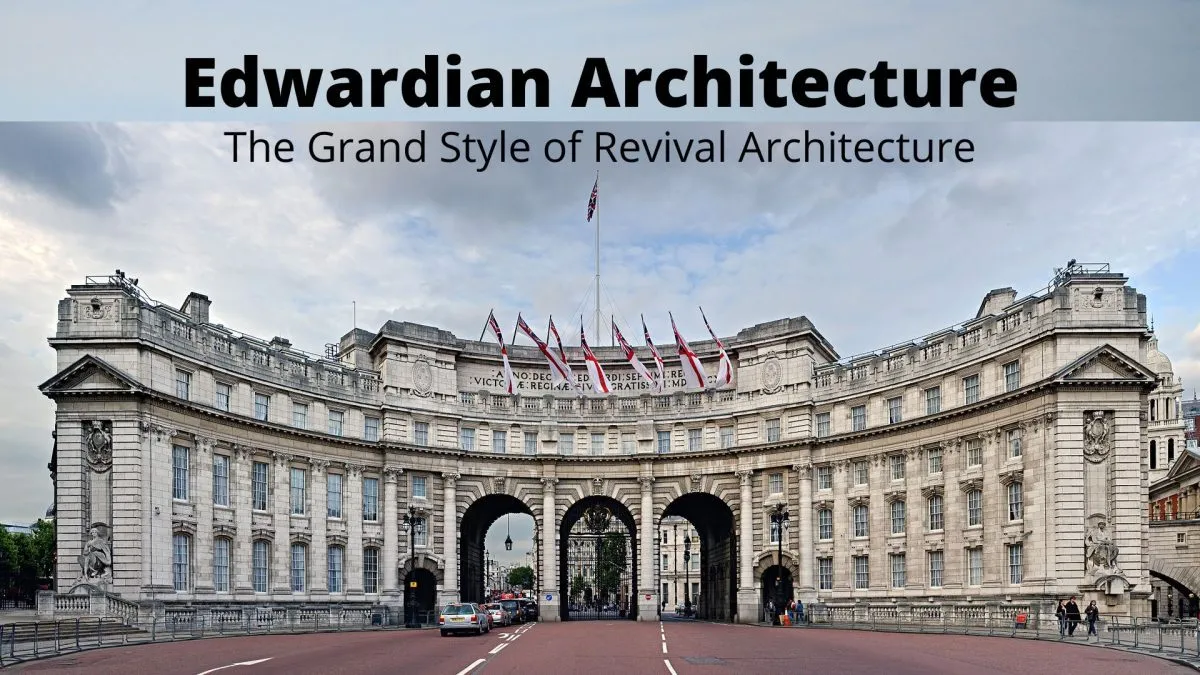
爱德华式建筑(英语:Edwardian architecture),泛指于爱德华七世在位英国国王时(1901至1910年)流行的建筑风格。在爱德华时代,建筑师已经成为成熟的独立专业,不少建筑亦显示出清晰的美学风格[3],当时最普遍的建筑风格为:安妮女王复兴式和爱德华巴洛克式 。
Die edwardianische Architektur ist ein neobarocker Baustil, der im britischen Empire während der edwardianischen Ära (1901-1910) beliebt war. Auch die Architektur bis zum Jahr 1914 kann zu diesem Stil gezählt werden.
Die edwardianische Architektur ist im Allgemeinen weniger reich verziert als die hoch- oder spätviktorianische Architektur, abgesehen von einer Untergruppe, die für große Gebäude verwendet wird und als edwardianische Barockarchitektur bekannt ist.
Freimaurertempel, Aberdeen, Schottland, erbaut 1910.
Die Victorian Society setzt sich für den Erhalt von Gebäuden ein, die zwischen 1837 und 1914 gebaut wurden, und bezieht daher neben der viktorianischen auch die edwardianische Architektur in ihren Aufgabenbereich ein.
 Eurovision Song Contest,ESC
Eurovision Song Contest,ESC

 Financial
Financial
 ***Global Financial Center
***Global Financial Center

 History
History
 N 2000 - 2100 AD
N 2000 - 2100 AD

 History
History
 M 1500 - 2000 AD
M 1500 - 2000 AD

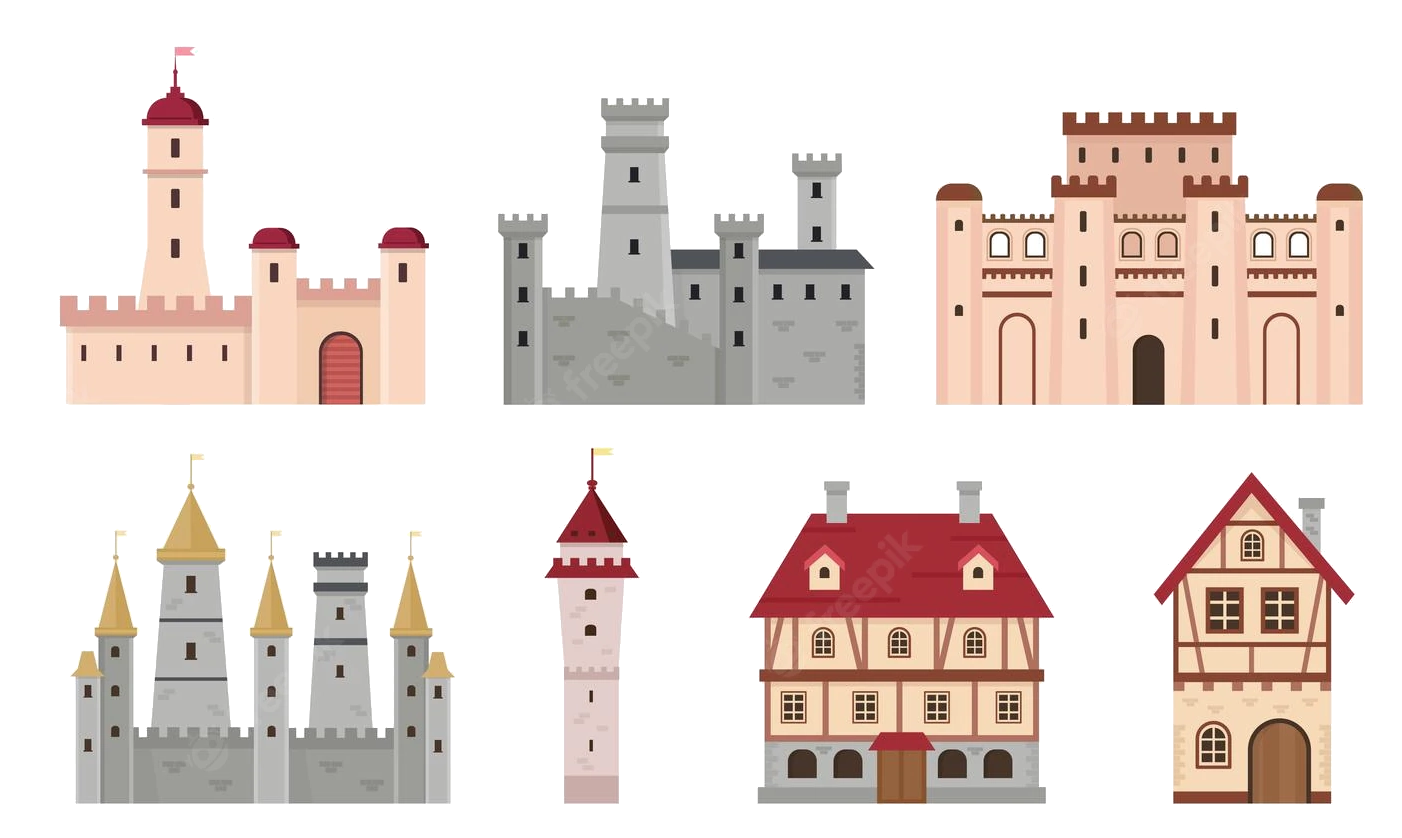 Medieval cities in Europe
Medieval cities in Europe
 Schottland
Schottland
 United Kingdom
United Kingdom

Edinburgh  [ˈɛdɪnb(ə)ɹə][2] (schottisch-gälisch Dùn Èideann [tuːn ˈeːtʃən]; dt. Edinburg; amtlich City of Edinburgh) ist seit dem 15. Jahrhundert die Hauptstadt von Schottland (bis dahin war es Perth). Seit 1999 ist Edinburgh außerdem Sitz des Schottischen Parlaments. Edinburgh ist mit etwa 493.000 Einwohnern nach Glasgow die zweitgrößte Stadt Schottlands und seit 1996 eine der 32 schottischen Council Areas. Die Stadt liegt an Schottlands Ostküste auf der Südseite des Firth of Forth gegenüber von Fife.
[ˈɛdɪnb(ə)ɹə][2] (schottisch-gälisch Dùn Èideann [tuːn ˈeːtʃən]; dt. Edinburg; amtlich City of Edinburgh) ist seit dem 15. Jahrhundert die Hauptstadt von Schottland (bis dahin war es Perth). Seit 1999 ist Edinburgh außerdem Sitz des Schottischen Parlaments. Edinburgh ist mit etwa 493.000 Einwohnern nach Glasgow die zweitgrößte Stadt Schottlands und seit 1996 eine der 32 schottischen Council Areas. Die Stadt liegt an Schottlands Ostküste auf der Südseite des Firth of Forth gegenüber von Fife.
爱丁堡(英语:Edinburgh, i/ˈɛdɪnbərə/[4]、苏格兰盖尔语:Dùn Èideann),是英国苏格兰首府,也是继格拉斯哥后苏格兰的第二大城市,位于苏格兰东海岸福斯湾南岸。截止到2013年,全市人口为487,500。[3]
i/ˈɛdɪnbərə/[4]、苏格兰盖尔语:Dùn Èideann),是英国苏格兰首府,也是继格拉斯哥后苏格兰的第二大城市,位于苏格兰东海岸福斯湾南岸。截止到2013年,全市人口为487,500。[3]
自15世纪以来爱丁堡就被当做苏格兰首府,但在1603年和1707年政治力量多次南移到伦敦。1999年苏格兰议会的自治权利才得以确立。苏格兰国家博物馆、苏格兰国家图书馆和苏格兰国家画廊等重要文化机构也位于爱丁堡。在经济上,现在的爱丁堡主要依靠金融业,是伦敦以外英国最大的金融中心。[5]
爱丁堡有着悠久的历史,许多历史建筑亦完好保存下来。爱丁堡城堡、荷里路德宫、圣吉尔斯大教堂等名胜都位于此地。爱丁堡的旧城和新城一起被联合国教科文组织列为世界遗产。[6]2004年爱丁堡成为世界第一座文学之城。[7]爱丁堡的教育也很发达,英国最古老的大学之一爱丁堡大学就坐落于此,为一所历史超过四百年的世界顶尖名校。[8]加上爱丁堡国际艺术节等文化活动,爱丁堡成为了英国仅次于伦敦的第二大旅游城市。
エディンバラ(英語: Edinburgh [ˈɛdɪnbərə] (![]() 音声ファイル)、スコットランド・ゲール語: Dùn Éideann [ˈt̪uːn ˈɛːtʲɛn̪ˠ])は、スコットランドの首都であり、ロージアン州の州都。日本語では「エジンバラ」とも表記される。
音声ファイル)、スコットランド・ゲール語: Dùn Éideann [ˈt̪uːn ˈɛːtʲɛn̪ˠ])は、スコットランドの首都であり、ロージアン州の州都。日本語では「エジンバラ」とも表記される。
Edinburgh (/ˈɛdɪnbərə/ ( listen);[6][7][8] Scottish Gaelic: Dùn Èideann [ˈt̪uːn ˈeːtʲən̪ˠ]; Scots: Edinburgh) is the capital city of Scotland and one of its 32 council areas. Historically part of the county of Midlothian (or Edinburghshire), it is located in Lothian on the Firth of Forth's southern shore.
listen);[6][7][8] Scottish Gaelic: Dùn Èideann [ˈt̪uːn ˈeːtʲən̪ˠ]; Scots: Edinburgh) is the capital city of Scotland and one of its 32 council areas. Historically part of the county of Midlothian (or Edinburghshire), it is located in Lothian on the Firth of Forth's southern shore.
Recognised as the capital of Scotland since at least the 15th century, Edinburgh is the seat of the Scottish Government, the Scottish Parliament and the supreme courts of Scotland. The city's Palace of Holyroodhouse is the official residence of the monarchy in Scotland. The city has long been a centre of education, particularly in the fields of medicine, Scots law, literature, the sciences and engineering. It is the second largest financial centre in the United Kingdom (after London)[9] and the city's historical and cultural attractions have made it the United Kingdom's second most popular tourist destination, attracting over one million overseas visitors each year.[10]
Edinburgh is Scotland's second most populous city and the seventh most populous in the United Kingdom. The official population estimates are 464,990 (2012) for the Locality of Edinburgh (Edinburgh pre 1975 regionalisation plus Currie and Balerno),[1] 513,210 (2017) for the City of Edinburgh,[2] and 1,339,380 (2014) for the city region.[2][3] Edinburgh lies at the heart of the Edinburgh and South East Scotland city region comprising East Lothian, Edinburgh, Fife, Midlothian, Scottish Borders and West Lothian.[11]
The city is the annual venue of the General Assembly of the Church of Scotland. It is home to national institutions such as the National Museum of Scotland, the National Library of Scotland and the Scottish National Gallery. The University of Edinburgh, founded in 1582 and now one of four in the city, was placed 23rd in the QS World University Rankings in 2018.[12] The city is also famous for the Edinburgh International Festival and the Fringe, the latter being the world's largest annual international arts festival. Historic sites in Edinburgh include Edinburgh Castle, the Palace of Holyroodhouse, the churches of St. Giles, Greyfriars and the Canongate, and the extensive Georgian New Town, built in the 18th/19th centuries. Edinburgh's Old Town and New Town together are listed as a UNESCO World Heritage site,[13] which has been managed by Edinburgh World Heritage since 1999.
Édimbourg (prononcé [e.dɛ̃.buʁ] ; Edinburgh [ˈɛ.dɪn.bərə] Écouter en anglais britannique, Dùn Èideann [ˈt̪uːnˈeːtʲən̪ˠ] en gaélique écossais, Embra, Edinburrie, Edinburra et Edimbra en scots) est une ville d'Écosse au Royaume-Uni. Elle est sa capitale depuis 1532, ainsi que le siège du Parlement écossais depuis le rétablissement de celui-ci en 1999. Sa population était de 457 830 habitants en 2005 (c’est la deuxième ville d’Écosse derrière Glasgow). Ses habitants s'appellent les Édimbourgeois. Depuis 1329, Édimbourg possède officiellement le statut de cité. Elle a aussi le statut de council area (depuis le 31 mars 1996) et de région de lieutenance, après avoir eu celui de district au sein de la région du Lothian (du 15 mai 1975 au 31 mars 1996) dont elle était le siège.
La ville est construite sur des collines volcaniques qui fournissent chacune un point de vue différent sur la ville. Elle est dominée par son château dont les fondations remontent au VIIe siècle mais c’est à partir du XIe siècle que fut construite cette résidence royale avant de devenir une forteresse redoutable au XVIe siècle. Édimbourg fut affranchie en 1329 et s’entoura de murailles au XVe siècle. Après la défaite de Flodden (1513) contre les Anglais, les bourgeois de la ville décidèrent de construire à titre préventif une seconde enceinte baptisée le mur de Flodden. Après l’unification des Parlements d’Écosse et d’Angleterre (1707), la ville perdit de son importance politique mais resta un important centre économique et culturel. En plus du Château, Édimbourg compte de nombreux lieux intéressants comme le Royal Botanic Garden, les cathédrales Saint-Gilles (presbytérienne), Sainte-Marie (épiscopalienne) et Sainte-Marie (catholique), la National Gallery, Charlotte Square, le Scott monument ou encore le National Museum of Scotland. Le palais de Holyrood (Holyrood Palace) est la résidence officielle de la reine lorsqu’elle séjourne dans la ville. Les districts de la vieille et de la nouvelle ville sont classés patrimoine mondial par l’UNESCO depuis 1995.
Édimbourg est célèbre pour son festival, le plus grand du monde, qui dure trois semaines en août et propose de nombreux spectacles de qualité dans toutes les disciplines.
La ville accueille l'une des plus prestigieuses universités d’Europe et du monde, l’université d’Édimbourg, pionnière dans l’informatique, la géologie, la chimie et la médecine. À Édimbourg se situe également la bibliothèque nationale d’Écosse (National Library of Scotland) qui est la plus importante bibliothèque d’Écosse (et l’une des plus grandes du Royaume-Uni).
Edimburgo (AFI: /edimˈburɡo/[3]; in inglese e scots Edinburgh, pron. [ˈɛdɪnbʌrə] oppure [ˈɛdɪnbrə], in gaelico scozzese Dùn Èideann) è una città del Regno Unito, capitale della Scozia dal 1437 e sede del suo nuovo parlamento dal 1999. È la seconda città della Scozia per popolazione dopo Glasgow e la settima del Regno Unito per popolazione. I dati ufficiali del 2014 stimano la popolazione in 464 990 abitanti per la città,[1] 492 680 per l'area dell'autorità locale[1] e 1 339 380 per l'area metropolitana[1] (Edinburgh è situata nel cuore della proposta "city region" di Edimburgo e Scozia sudorientale).
La città, situata sulla costa orientale della Scozia e sulla riva meridionale del Firth of Forth, a circa 70 km ad est di Glasgow, sorge su 7 colli. I punti più alti sono: Arthur's Seat, Castle Rock dove si trova il castello, Calton Hill, Corstorphine Hill, Braid Hills, Blackford Hill e Craiglockhard Hill, su di una serie di colline. Le parti storiche della città (Old e New Town), insieme al castello, nel 1995 sono state dichiarate patrimonio dell'umanità dall'UNESCO.
È una delle città più visitate della Gran Bretagna con circa 2 milioni di turisti l'anno[4] e a questo successo contribuisce anche il Festival di Edimburgo, che si tiene ogni anno ed è accompagnato da numerose manifestazioni collaterali.
Edimburgo ( /ˈɛdɪnb(ʌ)ɹə/ (?·i) en inglés y escocés: Edinburgh; en gaélico escocés: Dùn Èideann) es la capital y un concejo de Escocia (Reino Unido).23 Es la segunda ciudad más grande de Escocia tras Glasgow.
/ˈɛdɪnb(ʌ)ɹə/ (?·i) en inglés y escocés: Edinburgh; en gaélico escocés: Dùn Èideann) es la capital y un concejo de Escocia (Reino Unido).23 Es la segunda ciudad más grande de Escocia tras Glasgow.
Ubicada en la costa este de Escocia, a orillas del fiordo del río Forth y en la autoridad unitaria local de la Ciudad de Edimburgo, es la capital de Escocia desde 1437 y sede del gobierno escocés. Fue uno de los centros más importantes de educación y cultura durante la Ilustración gracias a la Universidad de Edimburgo. Sus distritos The Old Town (ciudad antigua) y The New Town (ciudad nueva) fueron designados Patrimonio de la Humanidad por la Unesco en 1995.4 Según el censo de 2011 tiene un población total de 459 366 habitantes.1
Edimburgo es famosa por su Festival Internacional, el festival de actuaciones en vivo más grande del mundo, y otros festivales desarrollados en verano de forma más o menos simultánea, la mayoría de los cuales se agrupan bajo la denominación Festival de Edimburgo. Durante el festival la población de la ciudad se duplica. Edimburgo es la segunda ciudad más visitada del Reino Unido, después de Londres, con aproximadamente 13 millones de turistas al año.
Эдинбу́рг (англ. и скотс. Edinburgh [ˈɛdɪnb(ʌ)rə], гэльск. Dùn Èideann [tuːn ˈeːtʃən]) — столица Шотландии (с 1437 года) и второй по величине её город. Административный центр округа Сити-оф-Эдинбург. Население Эдинбурга в 2016 году составляло 488,1 тыс. человек. Это седьмой по величине город Соединённого королевства. Расположен на восточном побережье Шотландии (территория Среднешотландской низменности), на южном берегу залива Ферт-оф-Форт.
Районы Эдинбурга — Старый город и Новый город — в 1995 году были занесены ЮНЕСКО в список объектов Всемирного наследия.
 League of European Research Universities,LERU
League of European Research Universities,LERU
 Nobel prize
Nobel prize
 Nobel Prize in Chemistry
Nobel Prize in Chemistry
 Nobel prize
Nobel prize
 Nobel Prize in Literature
Nobel Prize in Literature
 Nobel prize
Nobel prize
 Nobel Prize in Physics
Nobel Prize in Physics
 Nobel prize
Nobel prize
 Nobel Prize in Physiology or Medicine
Nobel Prize in Physiology or Medicine
 Nobel prize
Nobel prize
 Nobel Memorial Prize in Economic Sciences
Nobel Memorial Prize in Economic Sciences
 Nobel prize
Nobel prize
 Nobel Memorial Prize in Economic Sciences
Nobel Memorial Prize in Economic Sciences
 Russell Group
Russell Group
 Schottland
Schottland
 Sinology
Sinology
 Universities in the UK
Universities in the UK
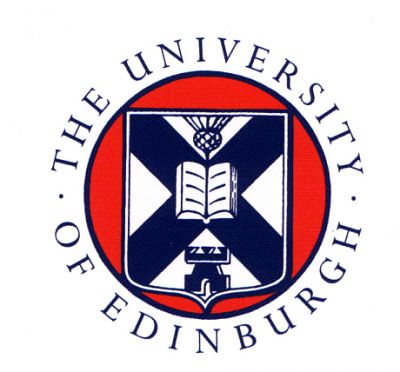
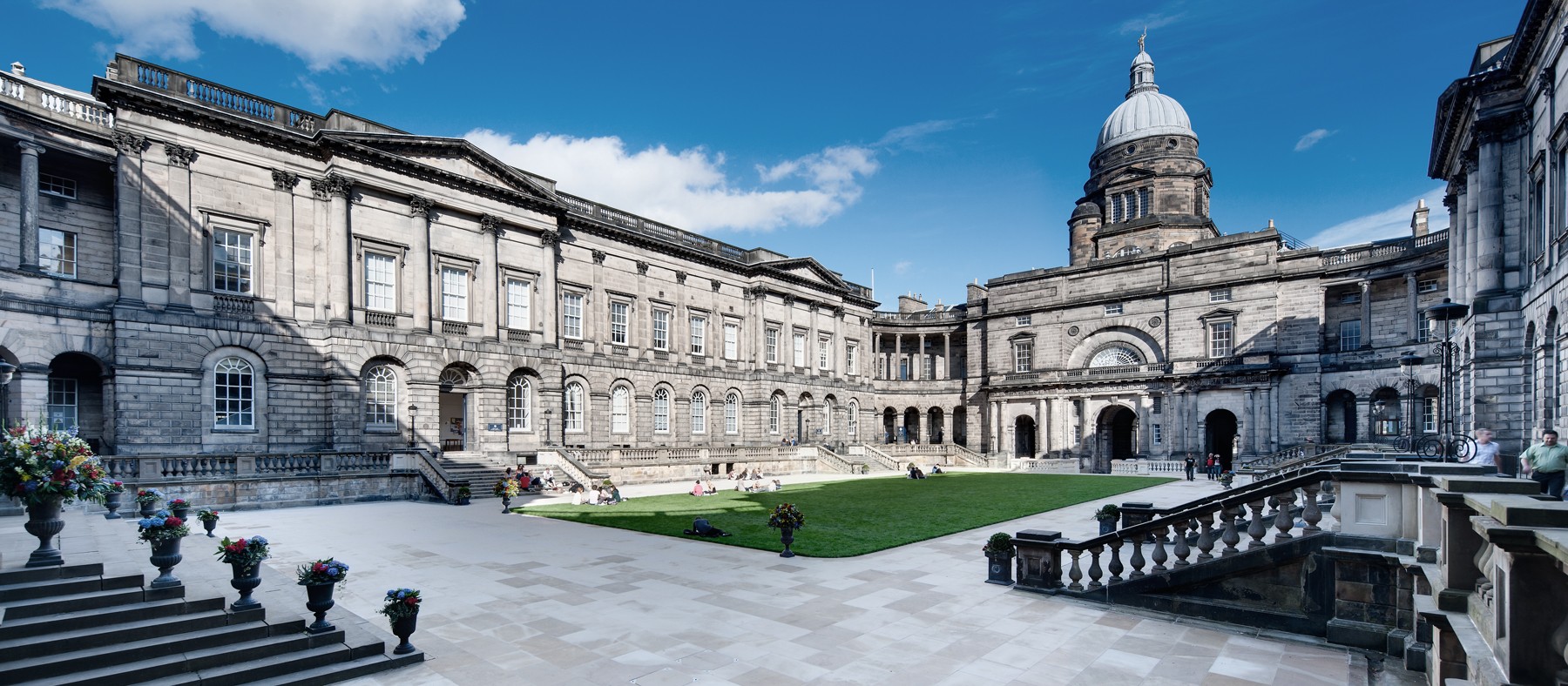
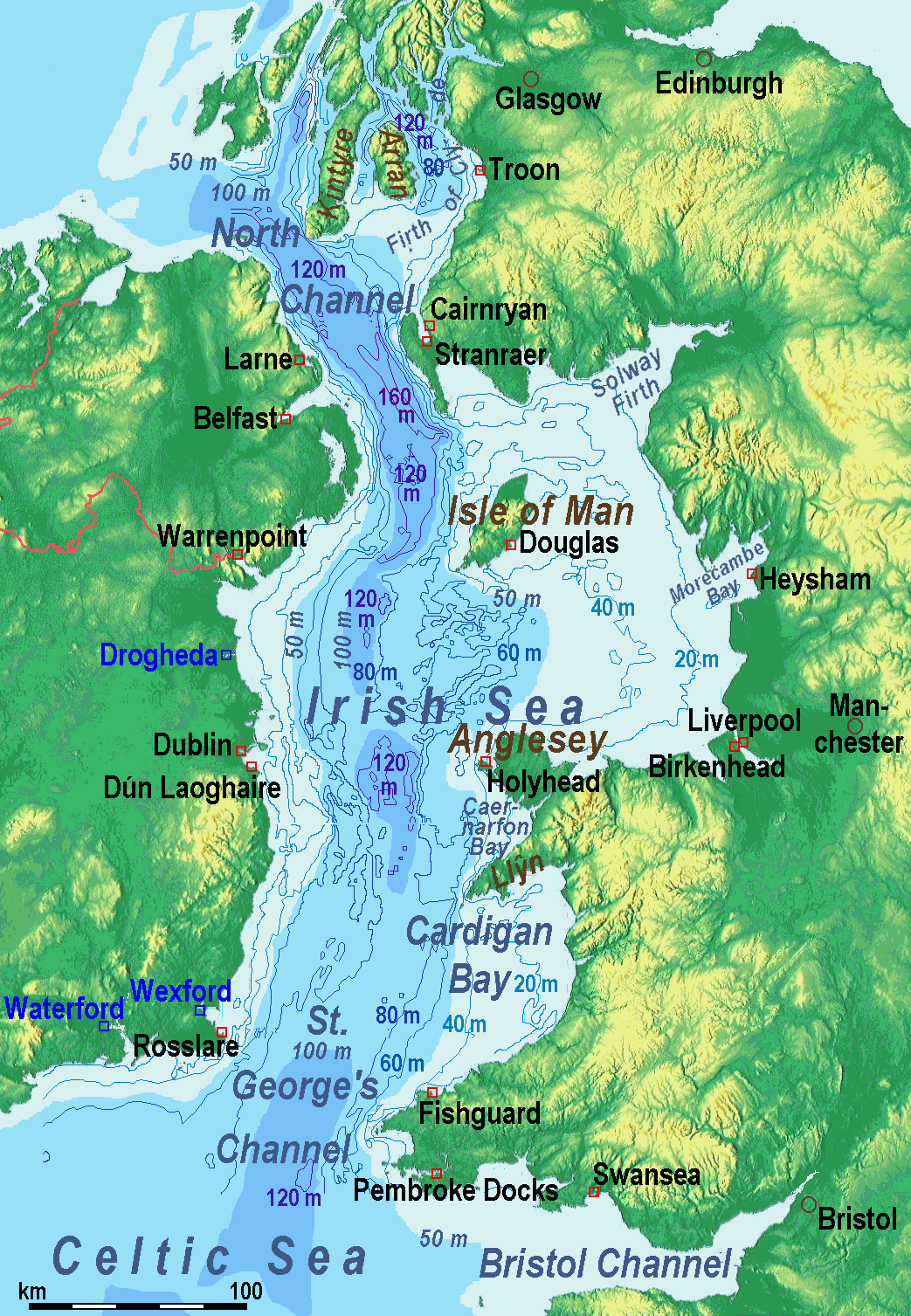
爱尔兰海(英语:Irish Sea、爱尔兰语:Muir Éireann)位于英国不列颠岛和爱尔兰岛之间;它南端的圣乔治海峡处于爱尔兰和威尔士之间,北端的北海海峡处于爱尔兰和苏格兰之间,两者都与大西洋相通。
爱尔兰海面积10万平方公里,平均水深61米,西北部最深处达272米。
不列颠岛和爱尔兰岛之间经爱尔兰海的交通连接包括由斯旺西(Swansea)至科克(Cork)、费什加德(Fishguard)及彭布洛克(Pembroke)至罗斯莱尔(Rosslare)、荷利赫德(Holyhead)至当莱瑞(Dún Laoghaire)、斯特兰拉尔(Stranraer)至贝尔法斯特及拉恩(Larne)、和凯安雷恩(Cairnryan)至拉恩的路线。另外还有利物浦经马恩岛往贝尔法斯特的路线。
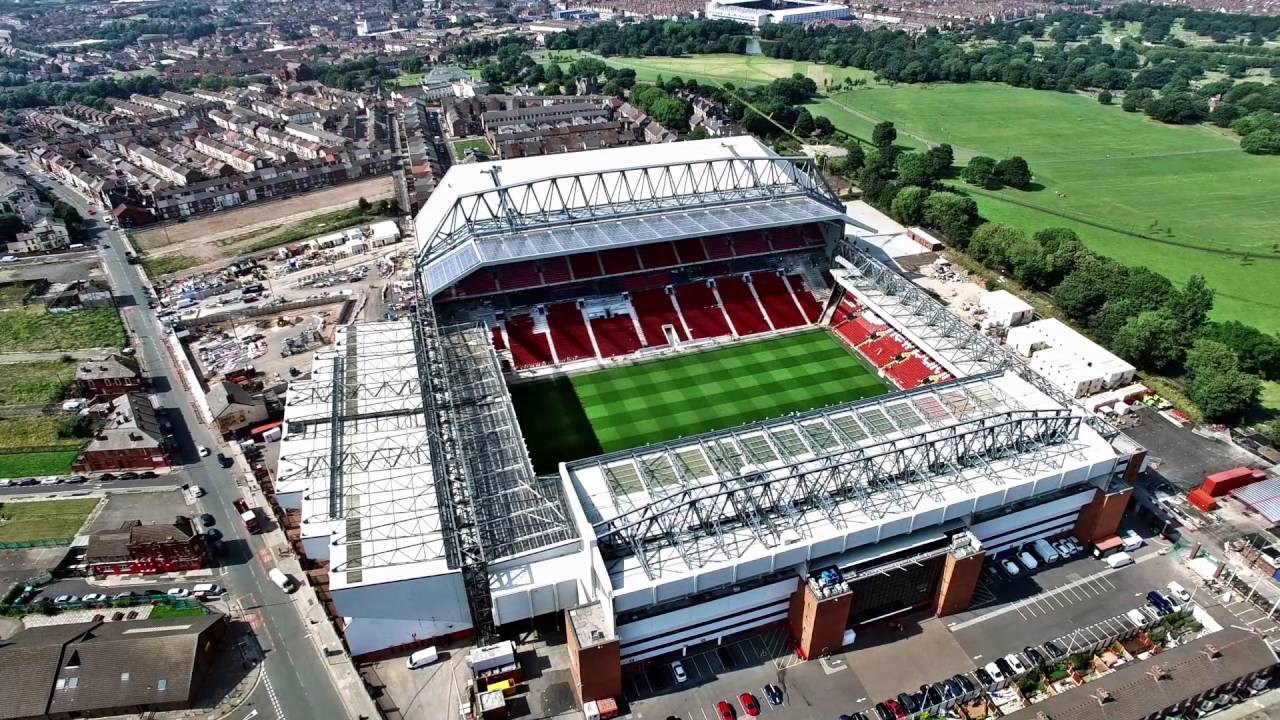
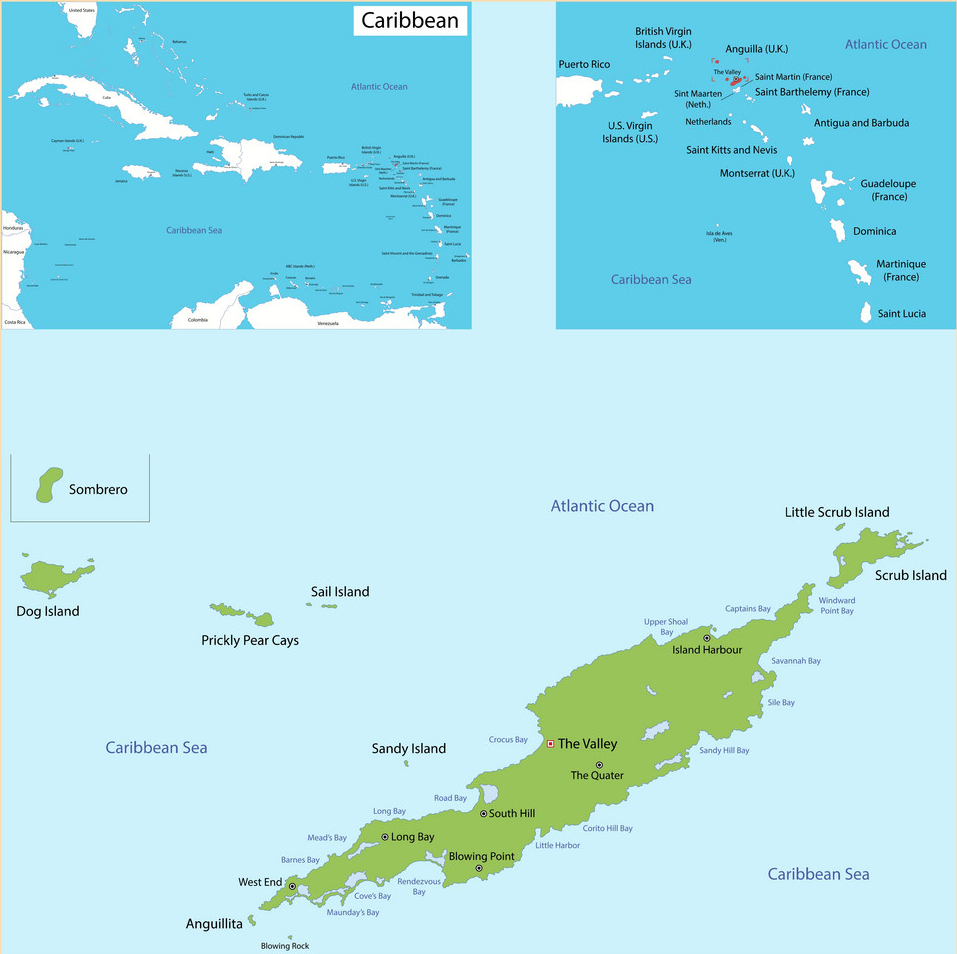
 AI-Ran Alliance
AI-Ran Alliance



 Automobile
Automobile
 ***Technology
***Technology



 Automobile
Automobile
 *Self-driving car
*Self-driving car


 IT-Times
IT-Times
 IC
IC


 IT-Times
IT-Times
 Processing Units - CPU, GPU, APU, TPU, VPU, FPGA, QPU, IPU, PIC
Processing Units - CPU, GPU, APU, TPU, VPU, FPGA, QPU, IPU, PIC


 IT-Times
IT-Times
 Internet of Things
Internet of Things


 IT-Times
IT-Times
 Mobile Networks
Mobile Networks


 IT-Times
IT-Times
 MCU
MCU


 IT-Times
IT-Times
 Semiconductor technology
Semiconductor technology


 IT-Times
IT-Times
 Driver assistance systems
Driver assistance systems
 United Kingdom
United Kingdom


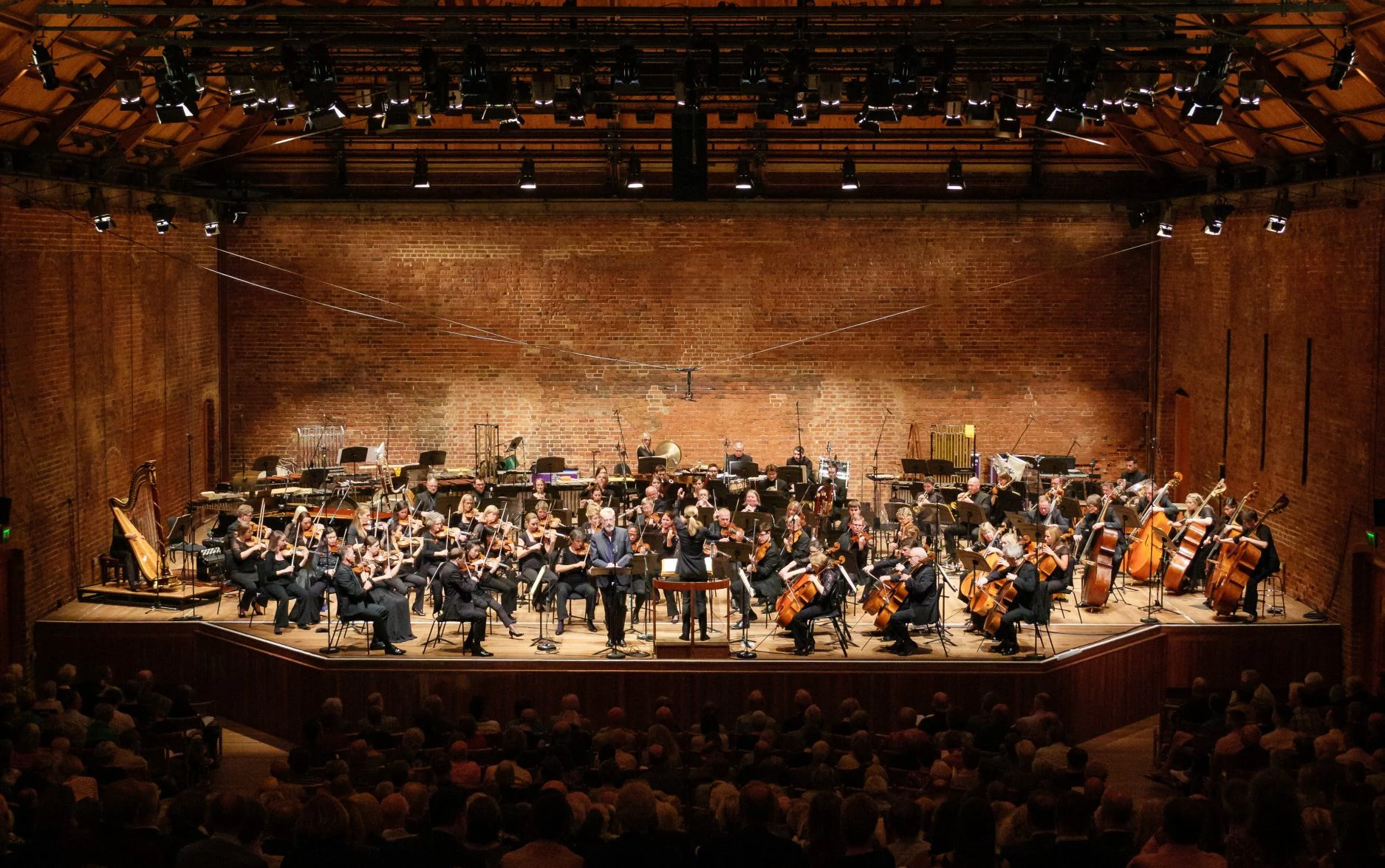


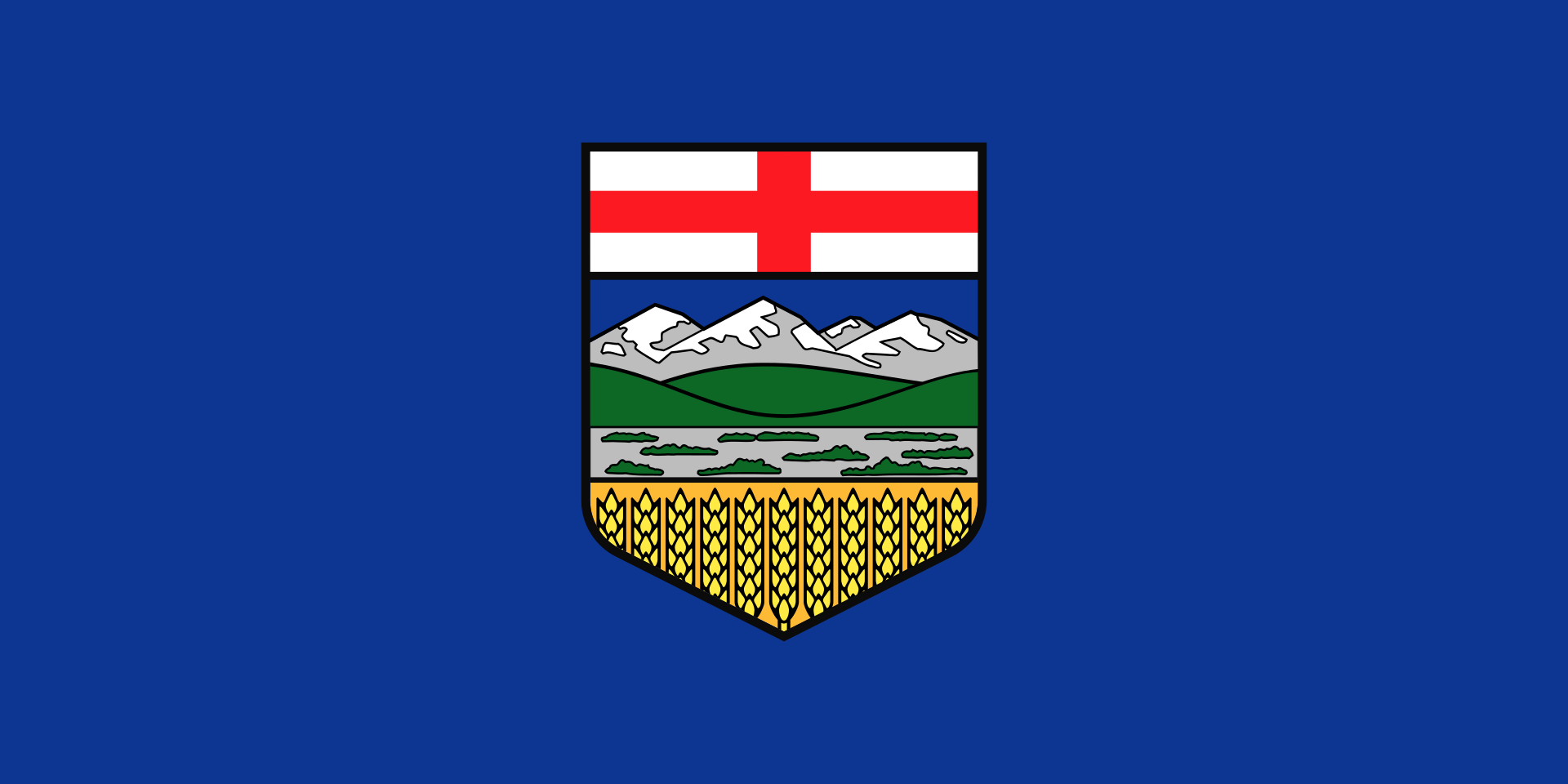 Alberta-AB
Alberta-AB
 Argentina
Argentina
 Australia
Australia

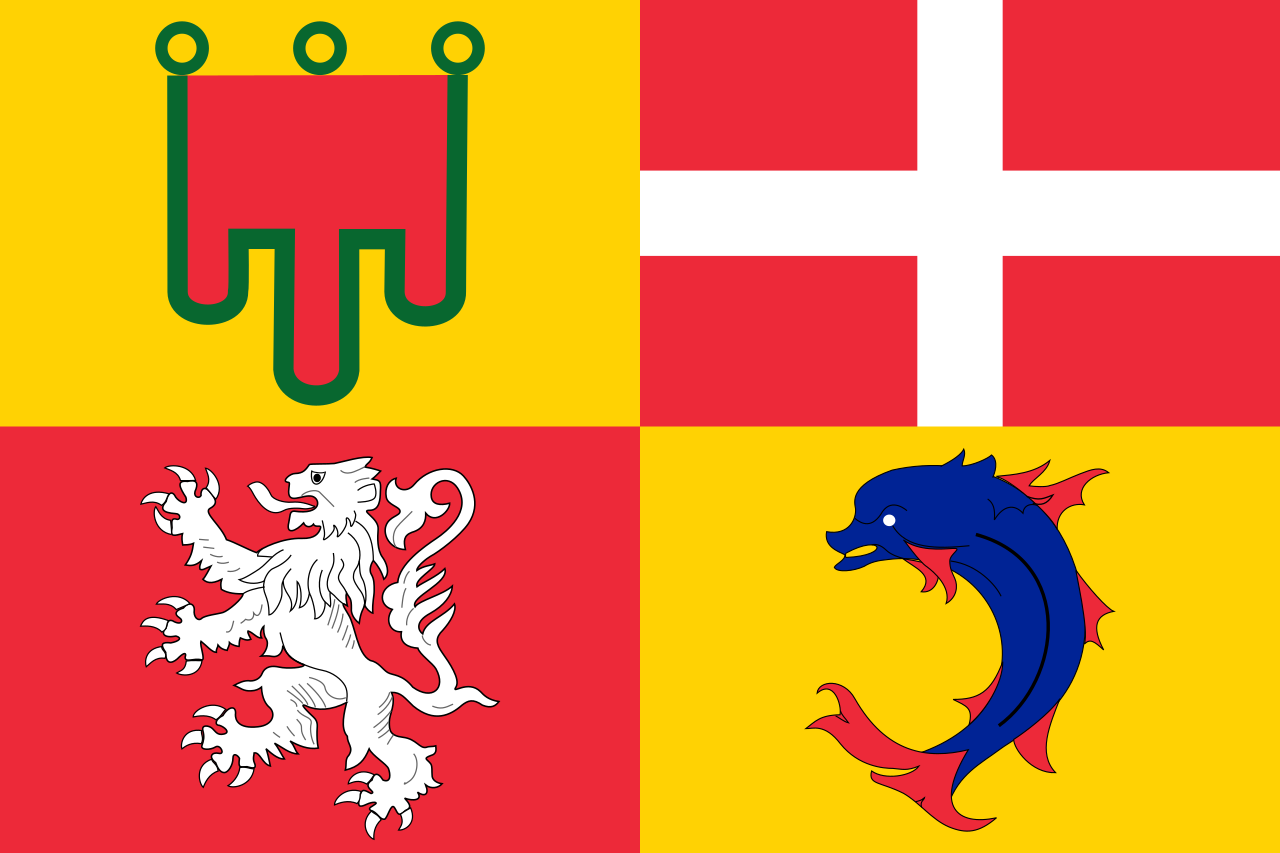 Auvergne-Rhône-Alpes
Auvergne-Rhône-Alpes

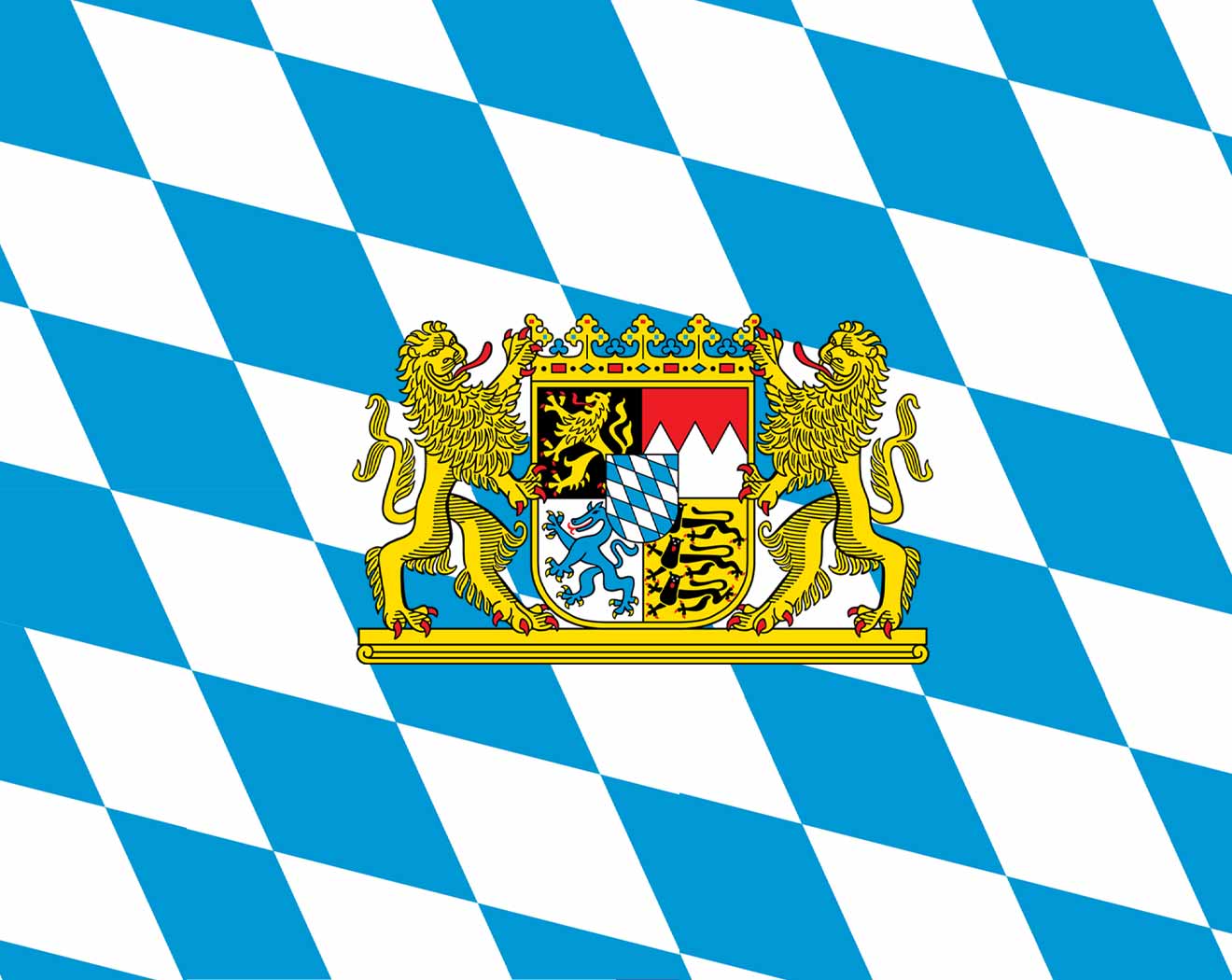 Bavaria
Bavaria
 Beijing Shi-BJ
Beijing Shi-BJ

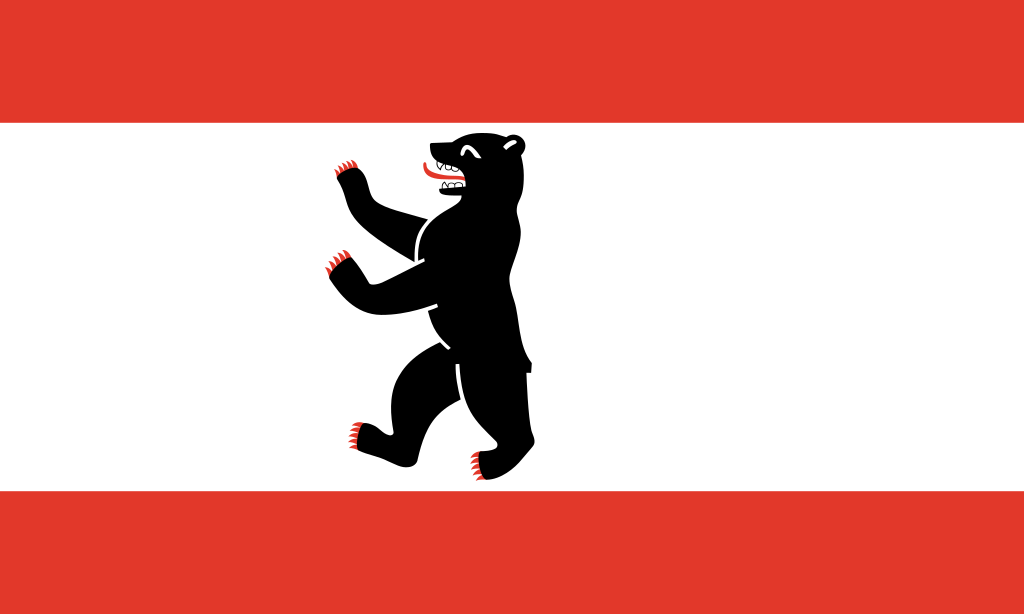 Berlin
Berlin
 Bosnia Herzegovina
Bosnia Herzegovina
 Brazil
Brazil

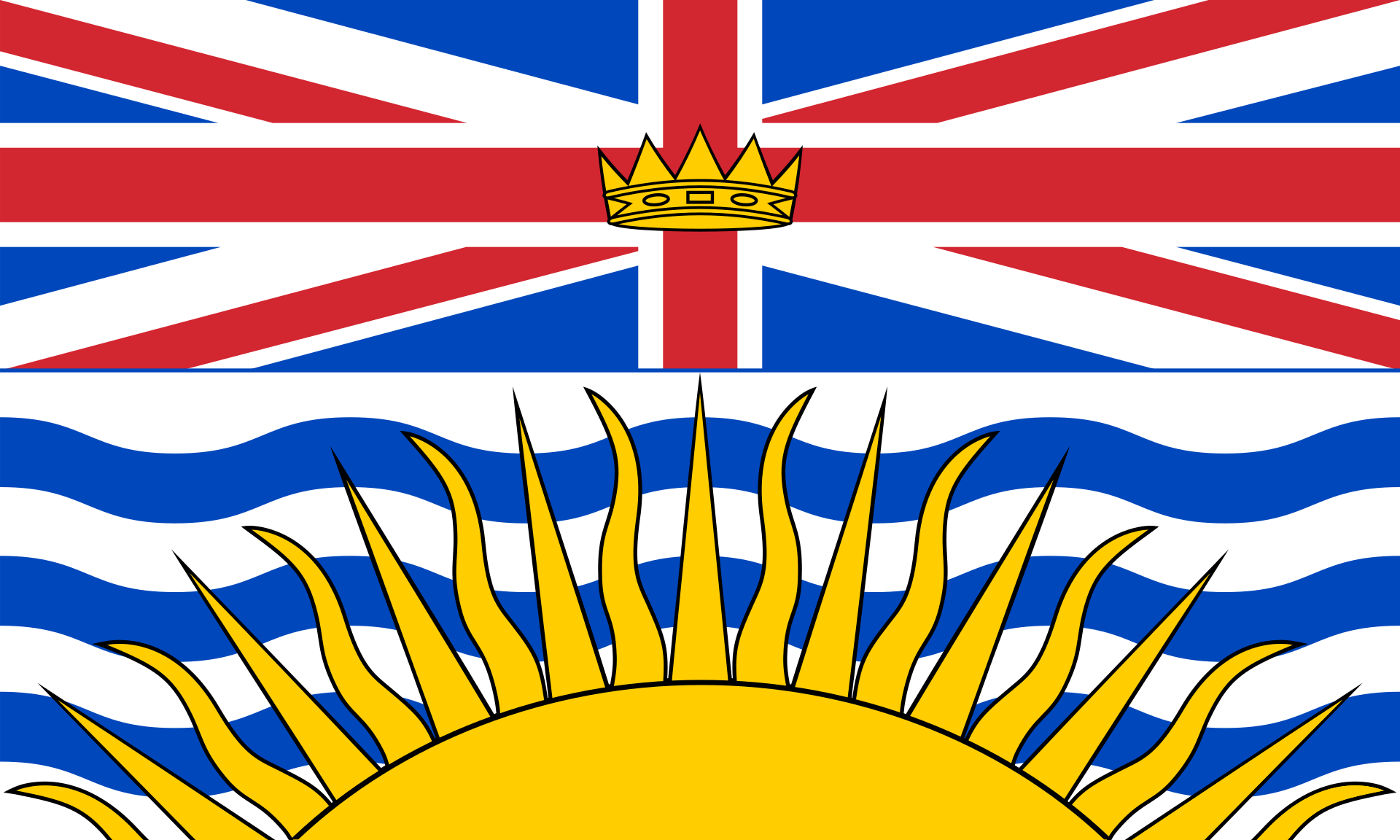 British Columbia-BC
British Columbia-BC

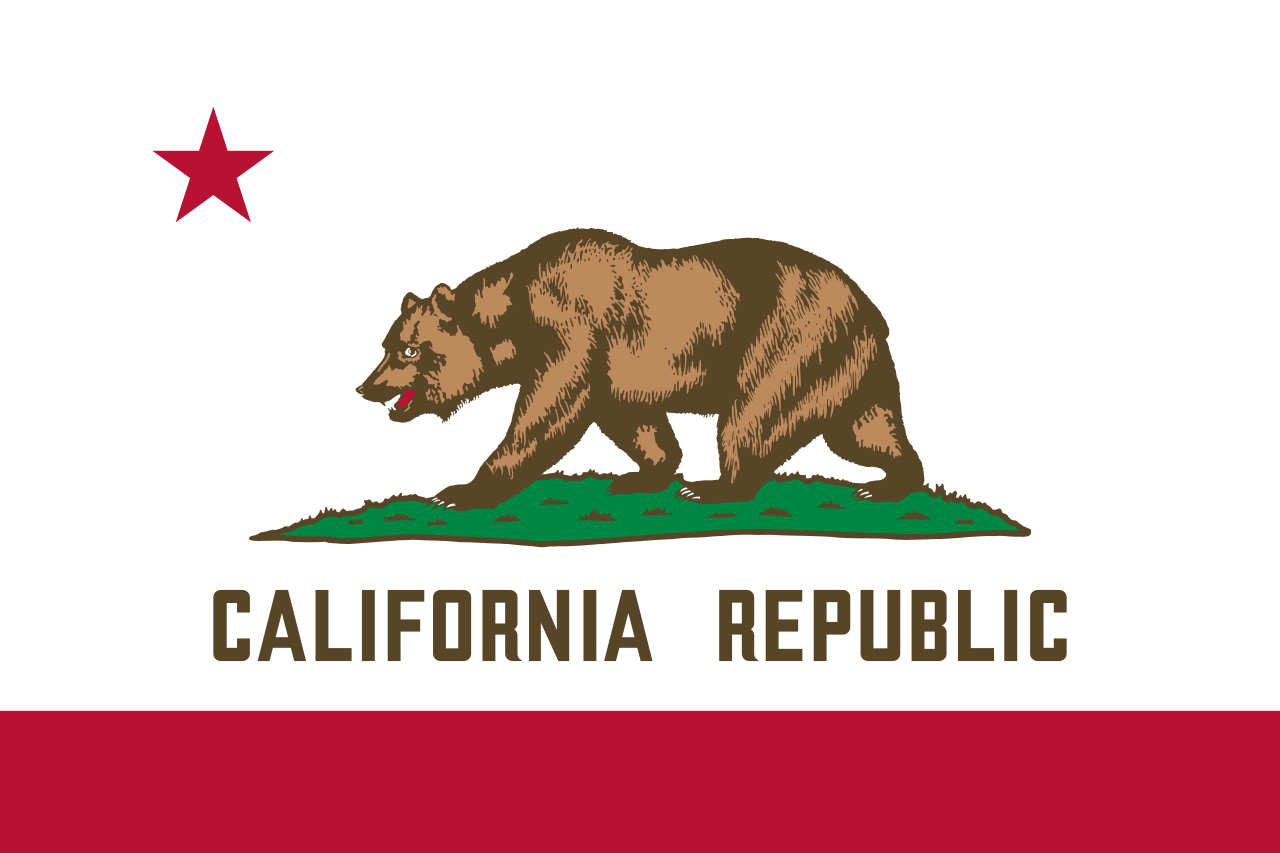 California-CA
California-CA

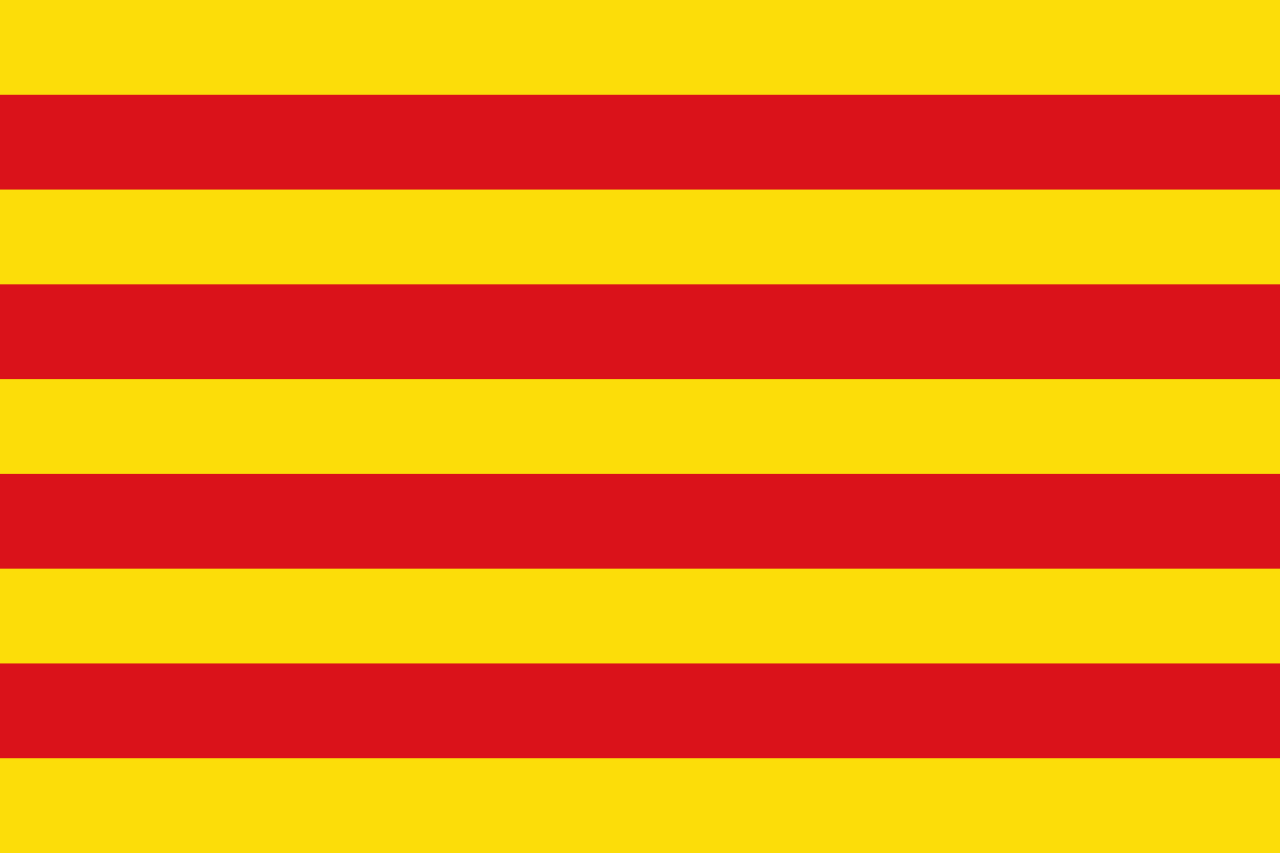 Cataluña
Cataluña
 China
China
 Chūbu
Chūbu
 Germany
Germany
 England
England
 France
France

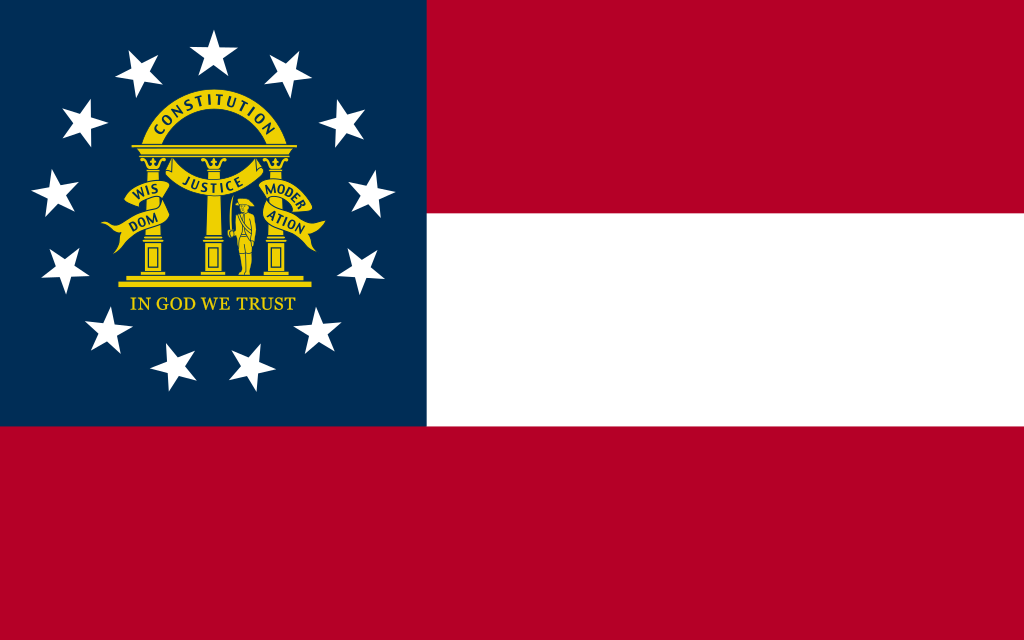 Georgia-GA
Georgia-GA
 Greece
Greece
 Hokkaidō
Hokkaidō

 Ile-de-France
Ile-de-France
 Italy
Italy
 Japan
Japan
 Jiangsu Sheng-JS
Jiangsu Sheng-JS
 Canada
Canada
 Kantō
Kantō

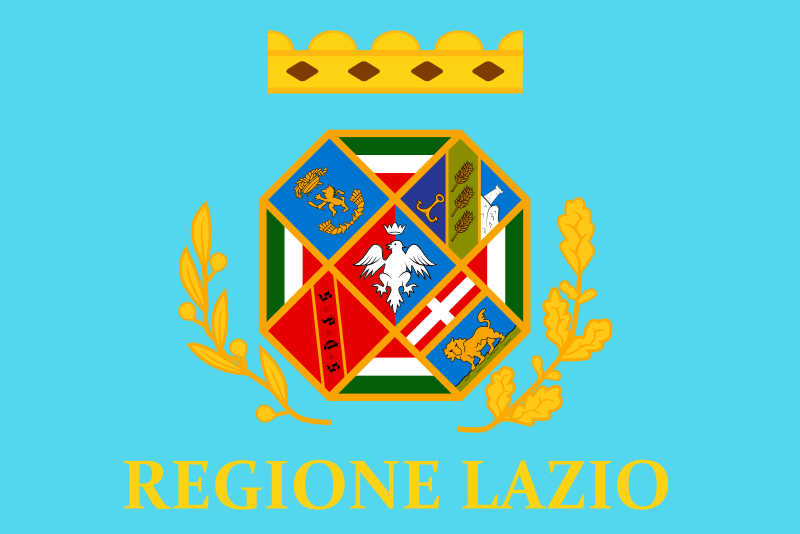 Lazio
Lazio

 Lombardia
Lombardia
 Mexico
Mexico

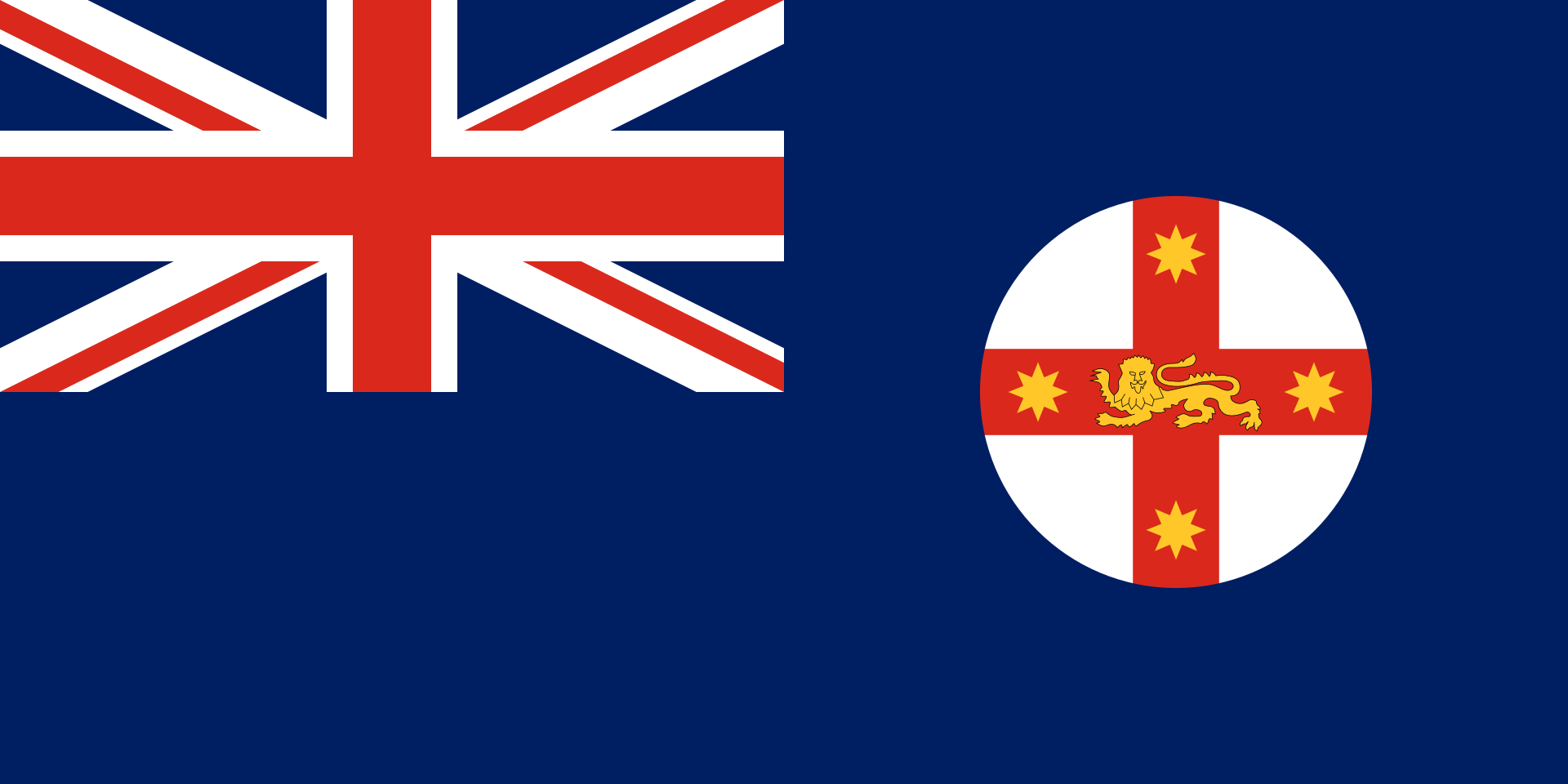 New South Wales-NSW
New South Wales-NSW

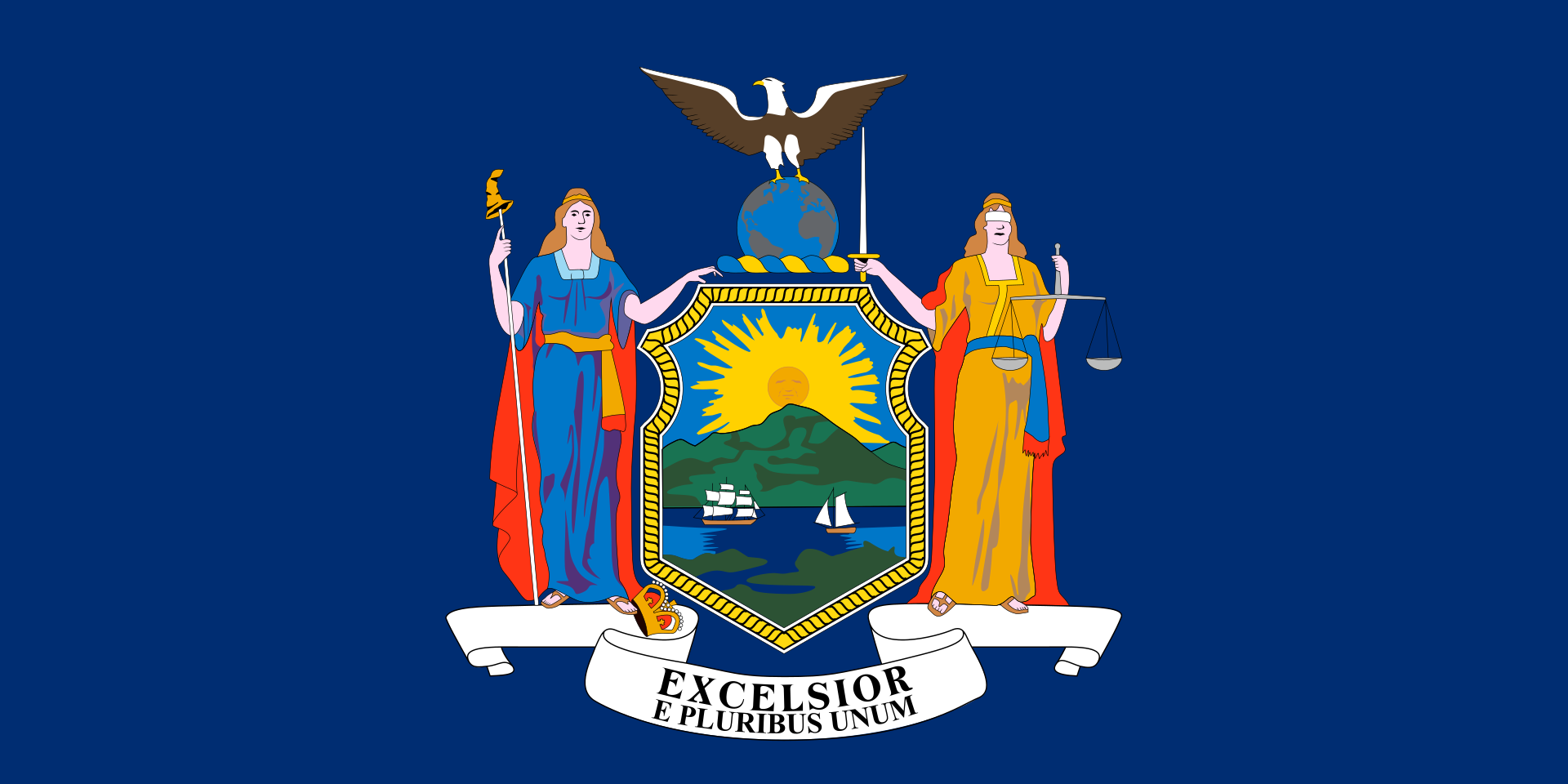 New York-NY
New York-NY
 Norwegen
Norwegen
 Austria
Austria

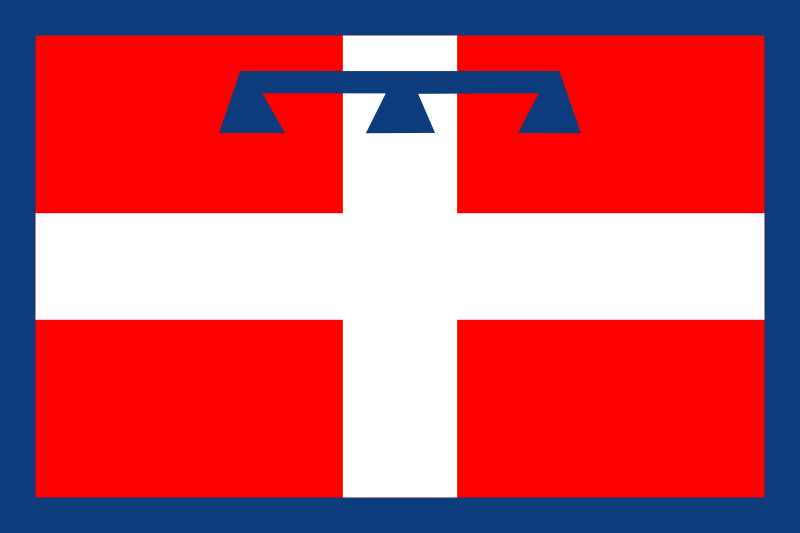 Piemonte
Piemonte

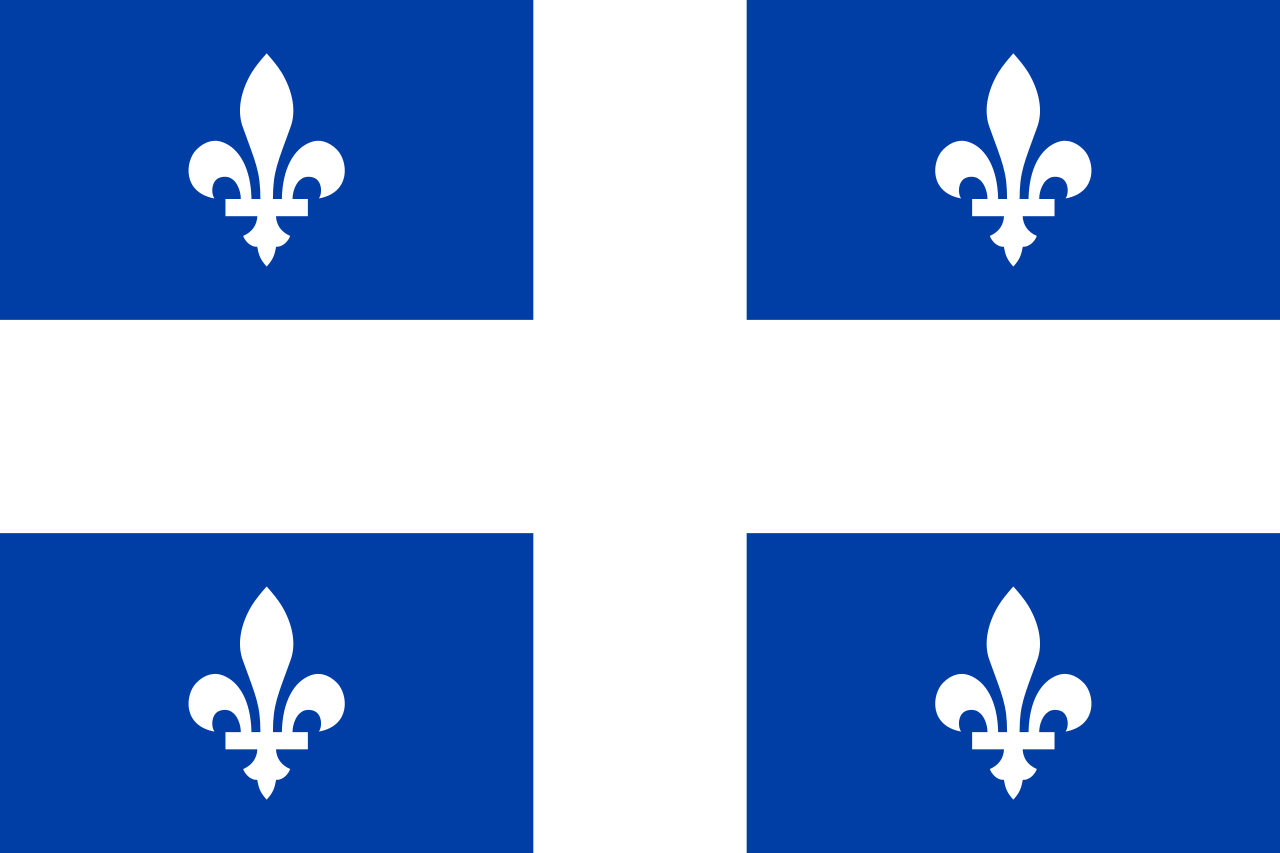 Quebec-QC
Quebec-QC

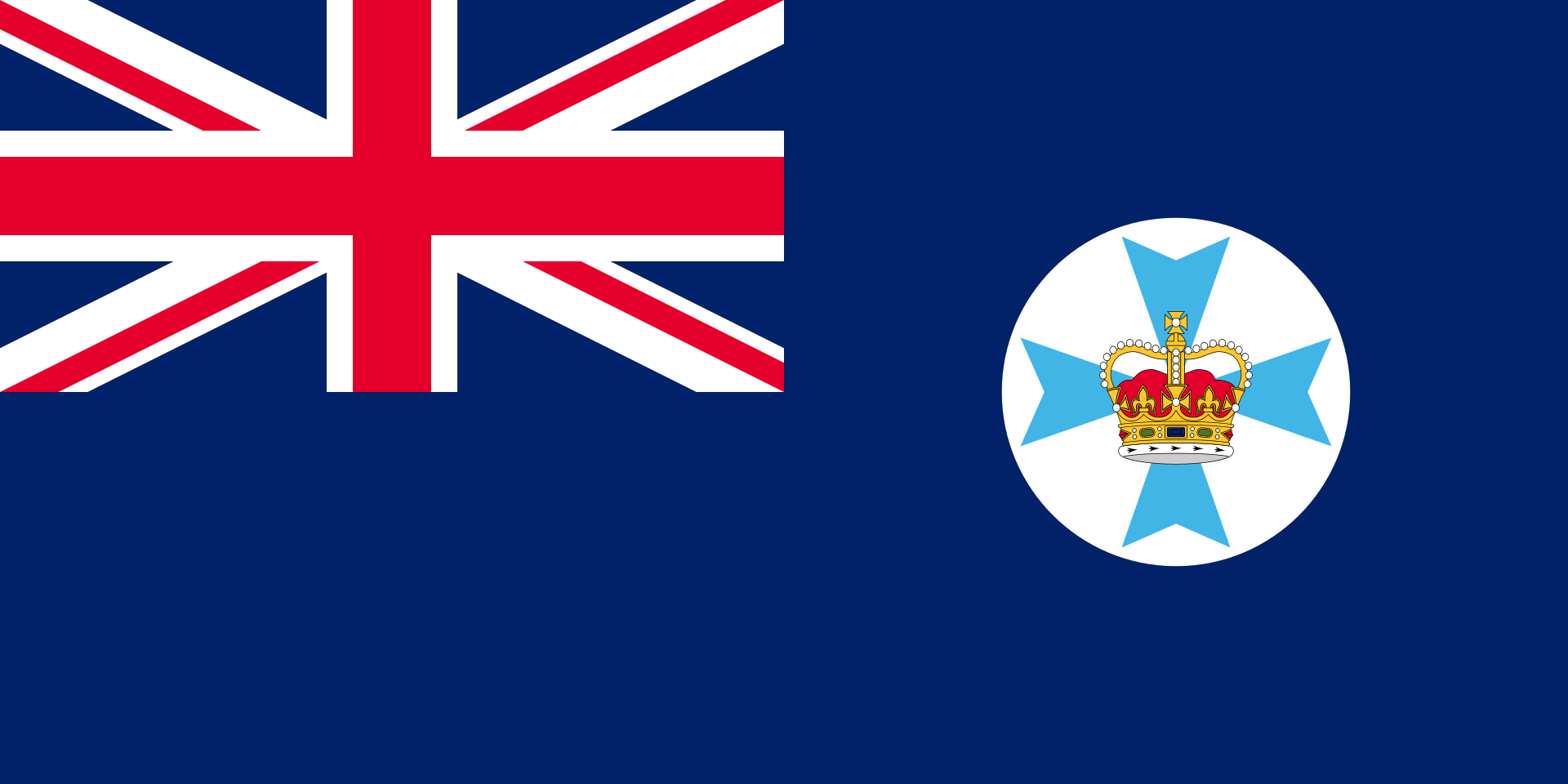 Queensland-QLD
Queensland-QLD
 Republic of Korea
Republic of Korea
 Rio de Janeiro
Rio de Janeiro
 Russia
Russia
 Switzerland
Switzerland
 Senegal
Senegal
 Singapore
Singapore
 Spain
Spain

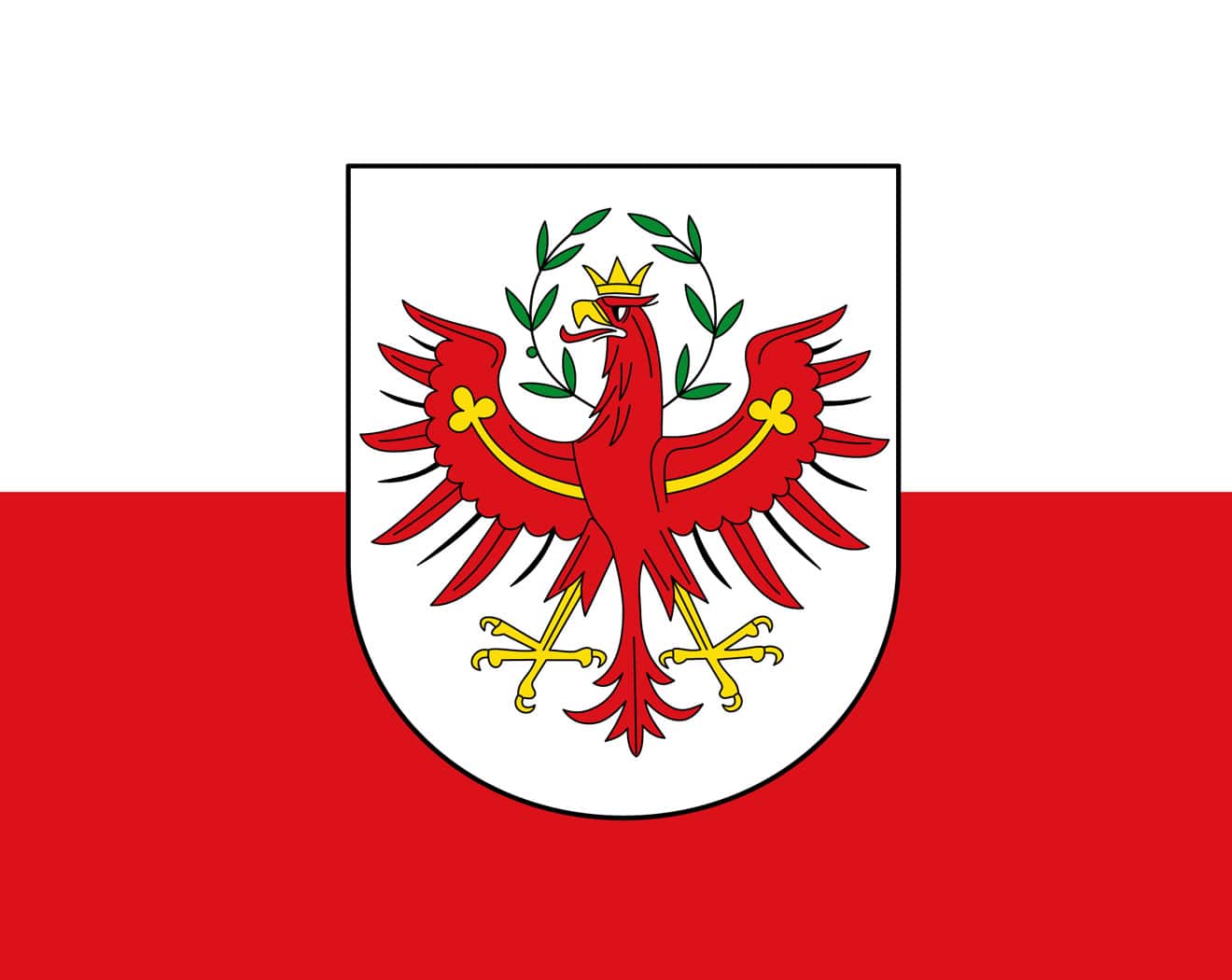 Tyrol
Tyrol

 Utah-UT
Utah-UT
 United States
United States
 United Kingdom
United Kingdom

| 奥林匹克圣歌 | ||
|---|---|---|
| 希腊文歌词 | 英文歌词 | 中文歌词 |
| Αρχαίο Πνεύμ' αθάνατο, αγνέ πατέρα του ωραίου, του μεγάλου και τ'αληθινού, κατέβα, φανερώσου κι άστραψ'εδώ πέρα στην δόξα της δικής σου γης και τ'ουρανού. |
Immortal spirit of antiquity, Father of the true, beautiful and good, Descend, appear, shed over us thy light Upon this ground and under this sky Which has first witnessed thy unperishable fame. |
古代不朽之神, 美丽、伟大而正直的圣洁之父。 祈求降临尘世以彰显自己, 让受人瞩目的英雄在这大地苍穹之中, 作为你荣耀的见证。 |
| Στο δρόμο και στο πάλεμα και στο λιθάρι, στων ευγενών Αγώνων λάμψε την ορμή, και με τ' αμάραντο στεφάνωσε κλωνάρι και σιδερένιο πλάσε κι άξιο το κορμί. |
Give life and animation to those noble games! Throw wreaths of fadeless flowers to the victors In the race and in the strife! Create in our breasts, hearts of steel! |
请照亮跑步、角力与投掷项目, 这些全力以赴的崇高竞赛。 把用橄榄枝编成的花冠颁赠给优胜者, 塑造出钢铁般的躯干。 |
| Κάμποι, βουνά και θάλασσες φέγγουν μαζί σου σαν ένας λευκοπόρφυρος μέγας ναός, και τρέχει στο ναό εδώ, προσκυνητής σου, Αρχαίο Πνεύμ' αθάνατο, Kάθε λαός. |
In thy light, plains, mountains and seas Shine in a roseate hue and form a vast temple To which all nations throng to adore thee, Oh immortal spirit of antiquity! |
溪谷、山岳、海洋与你相映生辉, 犹如以色彩斑斓的岩石建成的神殿。 这巨大的神殿, 世界各地的人们都来膜拜, 啊!永远不朽的古代之神。 |
Die olympische Hymne (griechisch Ολυμπιακός Ύμνος Olympiakos Ymnos) gehört zu den olympischen Symbolen. Die Melodie stammt von dem Komponisten Spyros Samaras, der Text von Kostis Palamas und wurde eigens für die 1. Olympischen Spiele der Neuzeit 1896 in Athen geschrieben. Sie ist die einzige offizielle olympische Festmusik und Bestandteil aller wichtigen Ereignisse der olympischen Bewegung.
《奥林匹克圣歌》(又称《奥林匹克颂》;希腊语:Ολυμπιακός Ύμνος,法语:Hymne Olympique,英语:Olympic Hymn)是奥林匹克会歌(英语:Olympic Anthem),是合唱清唱套曲,1958年第54次国际奥委会全体会议上定为奥林匹克会歌。奥林匹克会歌由国际奥林匹克委员会的第一任主席泽麦特里乌斯·维凯拉斯亲自选择的;由希腊歌剧作曲家斯皮罗·萨马拉斯作曲、希腊作家兼诗人科斯蒂斯·帕拉马斯作词。
 Geography
Geography
 Architecture
Architecture
 International cities
International cities
 Sport
Sport
 Companies
Companies
 Economy and trade
Economy and trade
 Music
Music
 Performing Arts
Performing Arts